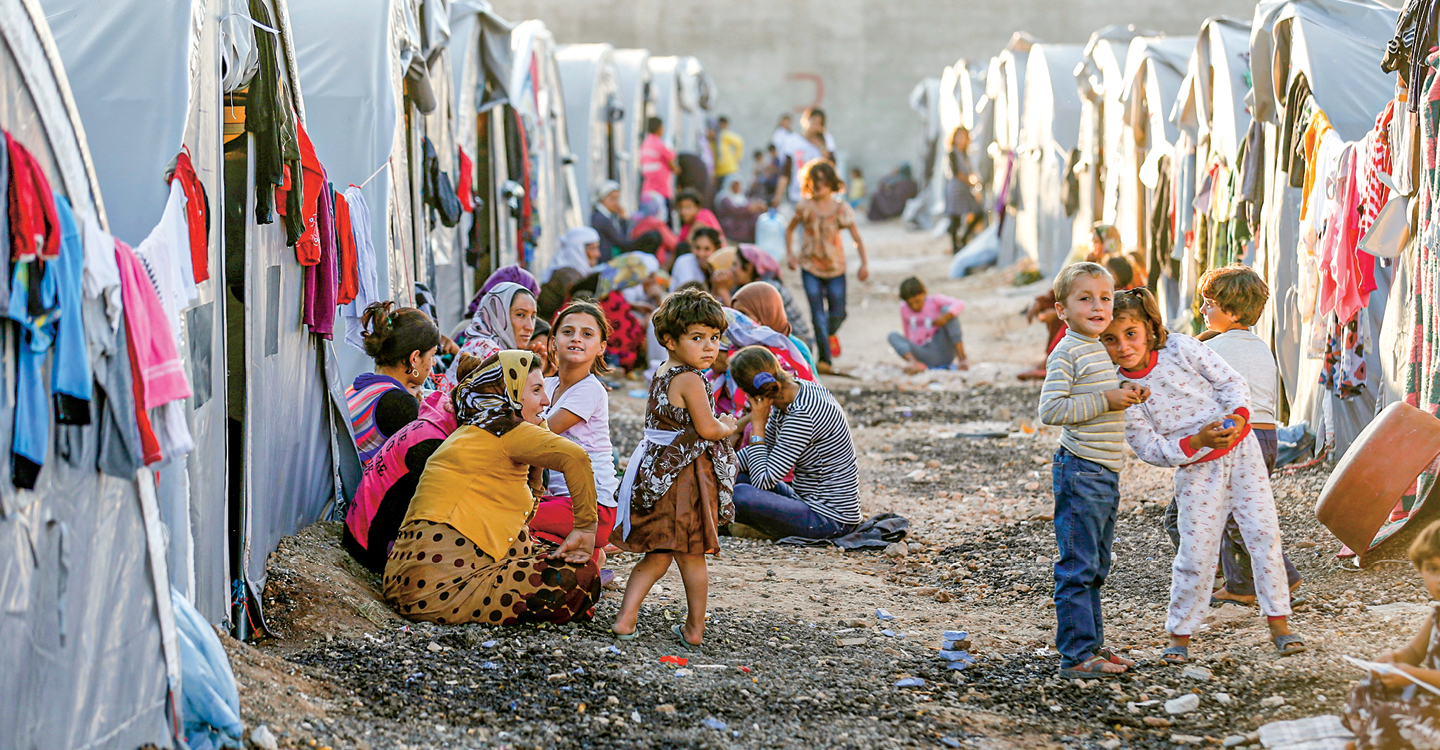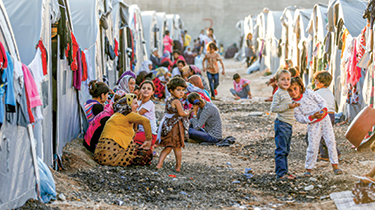Today, there are 30 million refugees worldwide and another 40 million people displaced within their own countries—the highest levels of displacement on record. American leadership needs to respond to this global refugee crisis, but instead the Trump administration has decided to drastically cut the number of refugees the U.S. admits to no more than 18,000.
America’s refugee resettlement program has had bipartisan support in Congress for decades. Following the unanimous vote in the Senate to create the refugee resettlement program in 1980, Republican and Democratic administrations have admitted an average of 95,000 refugees into the United States annually. These refugees were fleeing persecution from some of the world’s most dangerous places, including the Soviet Union, Vietnam, Iran, Haiti, Syria, Iraq, and Afghanistan.


